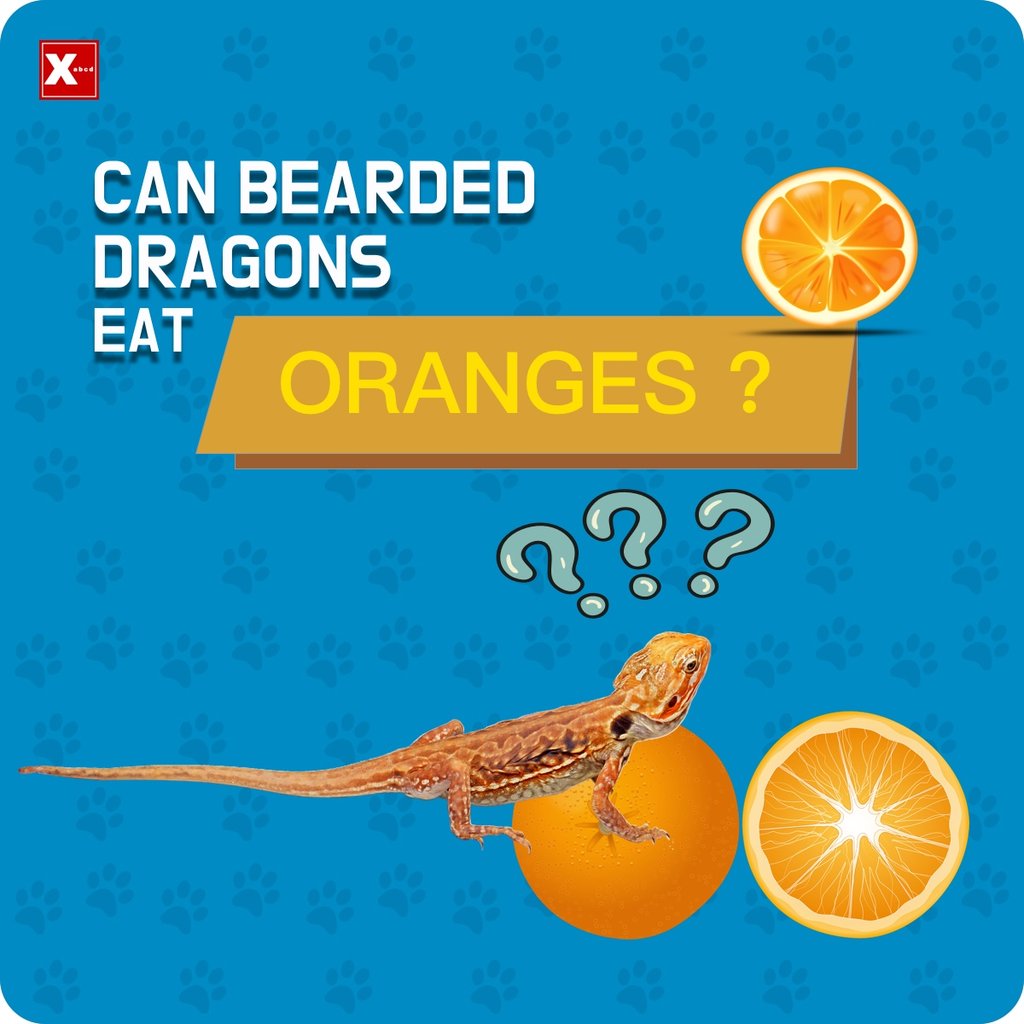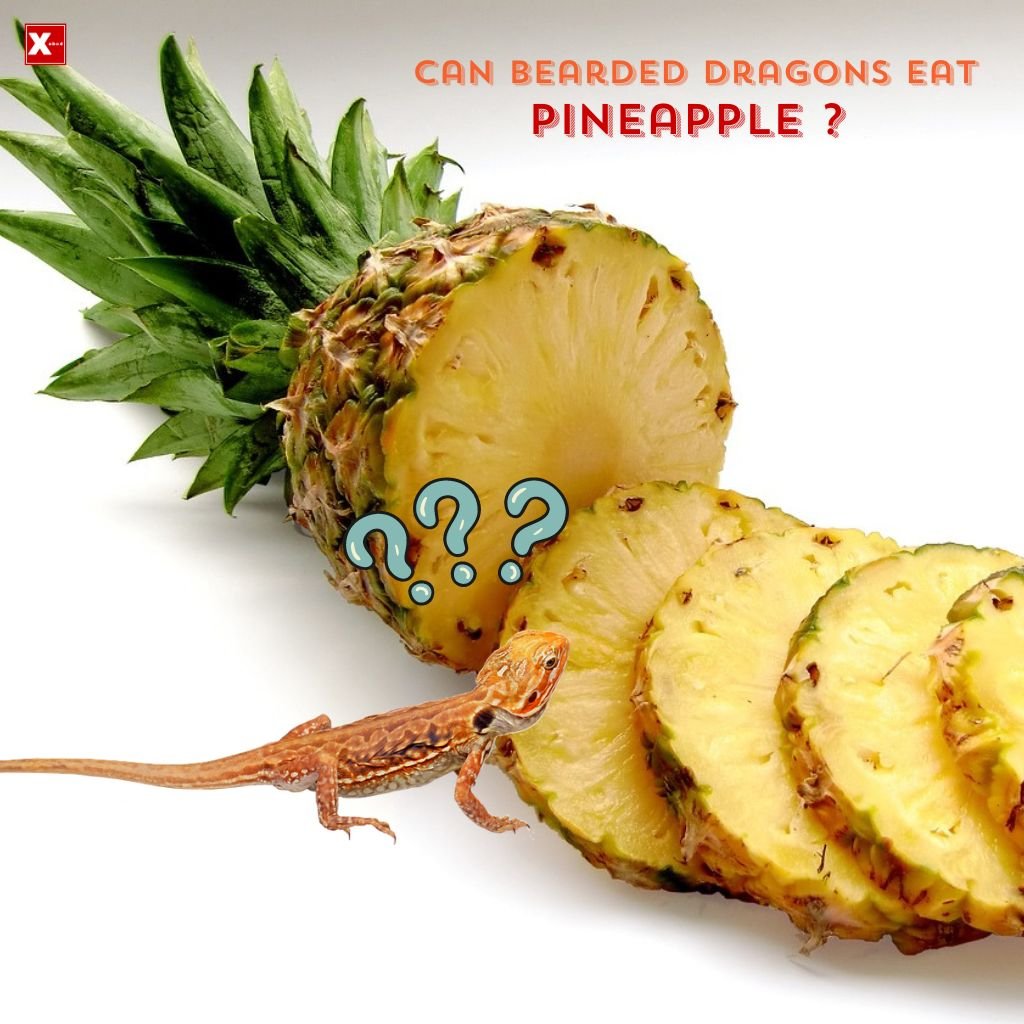Yes, bearded dragons can eat grasshoppers. It is important to understand the nutritional needs of these reptiles to ensure their proper care and well-being. In this article, we will explore the safety of feeding grasshoppers to bearded dragons, the nutritional value they provide, and how to introduce them into your pet's diet. By following the right steps, you can offer your bearded dragon a varied and balanced diet that includes grasshoppers.
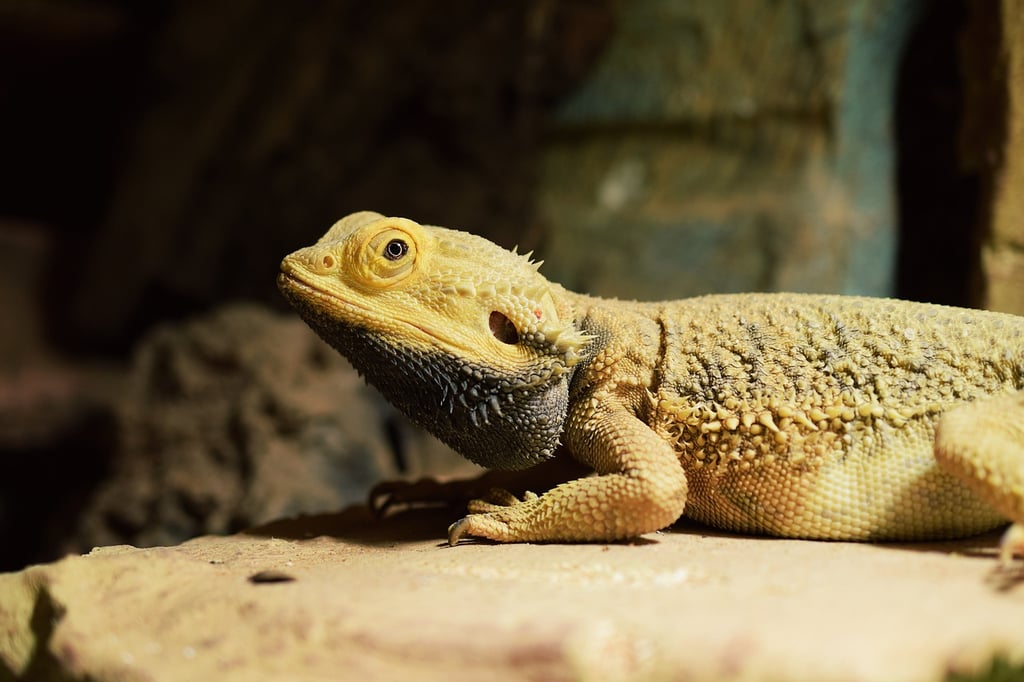
Understanding the Diet of Bearded Dragons
Bearded dragons are fascinating reptiles that require a balanced and varied diet to thrive. As an owner, you may be wondering whether it is safe for your bearded dragon to eat grasshoppers. This article will delve into the topic, exploring the nutritional value of grasshoppers and providing insights on how to safely incorporate them into your bearded dragon's diet. Understanding the diet of bearded dragons is crucial in ensuring their overall health and well-being.
Understanding the diet of bearded dragons is essential for their proper care. These reptiles are omnivorous, meaning they eat a combination of plant matter and protein-rich foods. In the wild, bearded dragons consume a range of insects, fruits, vegetables, and greens to fulfill their nutritional requirements.
A balanced diet for a captive bearded dragon should consist of approximately 20% insects and 80% plant-based foods. This ensures they receive the necessary proteins, vitamins, minerals, and fiber to support their growth and immunity.
| Insects | Plant-based Foods |
|---|---|
| Mealworms | Leafy greens (kale, collard greens) |
| Crickets | Squash |
| Phoenix worms | Bell peppers |
| Roaches | Carrots |
Bearded dragons have different dietary requirements at various stages of their lives. Juvenile bearded dragons require more protein compared to adults due to their rapid growth. As they mature, the proportion of plant-based foods in their diet should increase.
- Provide a variety of insects such as crickets, mealworms, and roaches to ensure a diverse protein intake.
- Leafy greens like kale and collard greens should be offered daily, as they are rich in calcium and other essential nutrients.
- Vegetables like squash, bell peppers, and carrots provide additional vitamins and fiber.
When considering introducing grasshoppers into your bearded dragon's diet, it is important to evaluate their safety and nutritional value. Grasshoppers can be offered as an occasional treat but should not make up a significant portion of their diet.
Before feeding your bearded dragon grasshoppers, ensure they come from a reputable source where they are raised free from pesticides or other harmful chemicals. Wild-caught grasshoppers should be avoided due to potential exposure to contaminants.
It is also essential to gut-load the grasshoppers before feeding them to your bearded dragon. Gut-loading involves feeding the insects nutritious foods a day or two before offering them to your pet. This increases the nutritional value of the grasshoppers and ensures your bearded dragon receives optimal benefits.
When introducing grasshoppers, start with small portions and observe your bearded dragon's response. Some dragons may be hesitant or show disinterest in this new food item. Gradually increase the amount of grasshoppers over time while monitoring their digestion and overall well-being.
In conclusion, while grasshoppers can be safely incorporated into a bearded dragon's diet, they should be offered in moderation. Understanding the nutritional needs of your bearded dragon and ensuring the quality of the grasshoppers is crucial for their health and happiness. Consult with a reptile veterinarian or a knowledgeable pet store to learn more about providing a balanced diet for your bearded dragon.
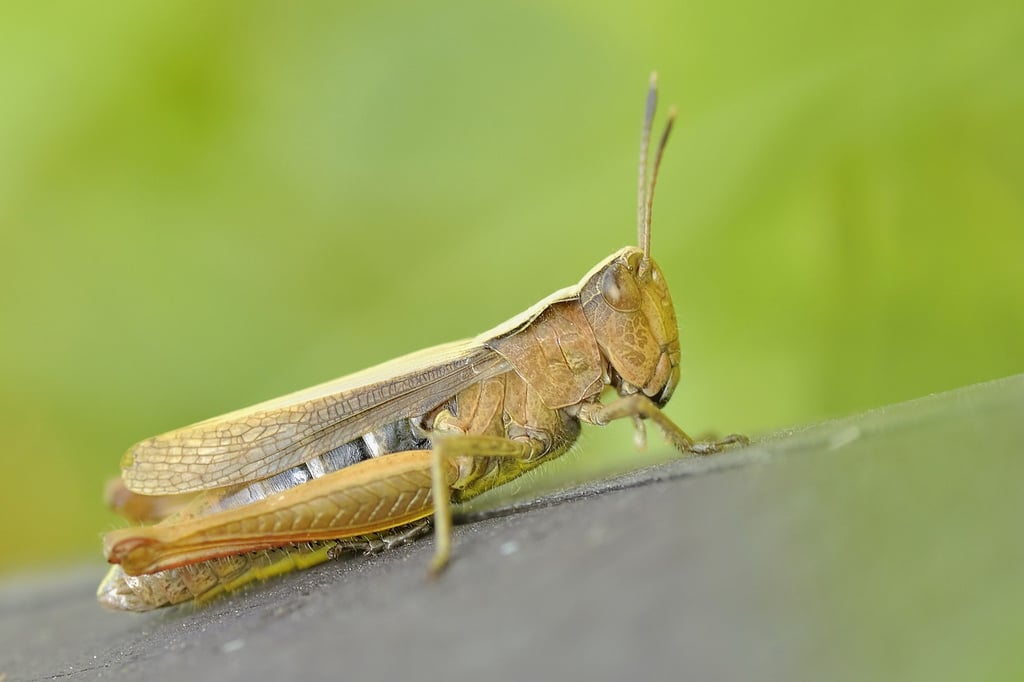
The Nutritional Value of Grasshoppers
When it comes to the diet of bearded dragons, it's important to provide them with a variety of nutritious foods. While vegetables, fruits, and insects form the main components of their diet, grasshoppers can be a beneficial addition. These hopping insects are not only enticing for bearded dragons but also offer several nutritional benefits.
The nutritional value of grasshoppers lies in their balanced composition of proteins, fats, and carbohydrates. They are a rich source of animal protein, which is essential for the growth and development of bearded dragons. Proteins help in building and repairing tissues, supporting muscle development, and enhancing overall immune function.
In addition to proteins, grasshoppers are also packed with vital vitamins and minerals. They contain high levels of calcium and phosphorus, which are necessary for maintaining strong bones and preventing the development of metabolic bone disease in bearded dragons. Grasshoppers also provide important vitamins like vitamin B12, which aids in energy metabolism, and vitamin A, which promotes healthy skin and vision.
Furthermore, grasshoppers are low in fat content, making them a suitable option for bearded dragons that are prone to obesity. This balanced protein and low-fat composition of grasshoppers make them a nutritious and healthy snack for your bearded dragon.
| Nutrient | Amount per 100g of Grasshoppers |
|---|---|
| Protein | 12g |
| Fat | 3g |
| Calcium | 30mg |
| Phosphorus | 210mg |
| Vitamin A | 1000IU |
| Vitamin B12 | 0.2mcg |
While the nutritional value of grasshoppers is undeniable, it's crucial to ensure that you provide them as part of a balanced diet. Variety is key for bearded dragons, and a combination of vegetables, fruits, and other insects should also be included in their meals. Additionally, bearded dragons should only be fed wild-caught grasshoppers or those purchased from reputable sources to avoid any potential pesticide or contamination risks.
In summary, grasshoppers can be a nutritious addition to your bearded dragon's diet. They offer a balanced composition of proteins, fats, and carbohydrates, along with essential vitamins and minerals. However, it's important to feed them in moderation and ensure a varied diet to meet all of your bearded dragon's nutritional requirements. Consulting with a reptile veterinarian or knowledgeable pet store can provide further guidance on incorporating grasshoppers into your bearded dragon's diet for optimal health.
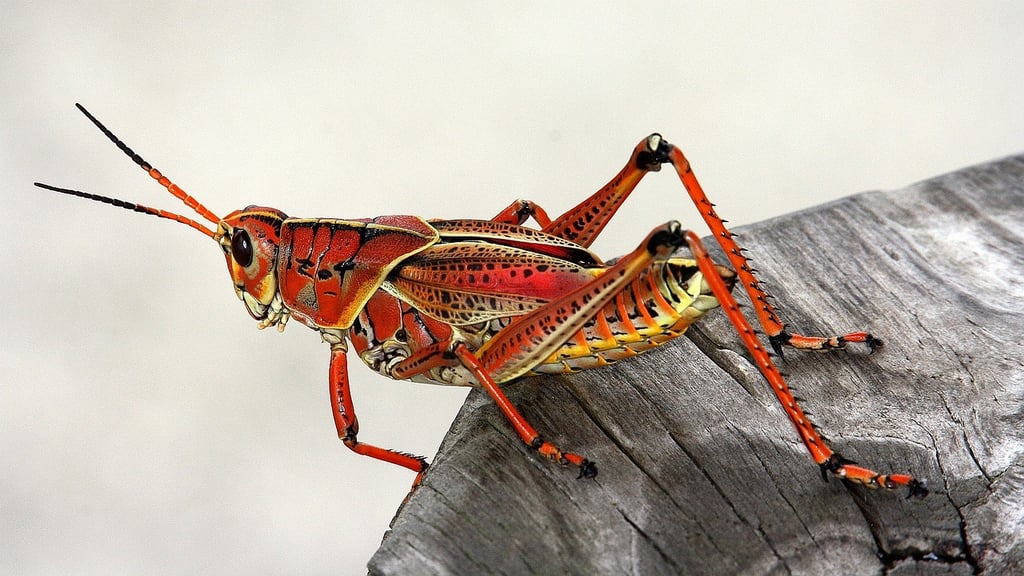
Preparing Grasshoppers for Your Bearded Dragon
Before introducing grasshoppers into your bearded dragon's diet, it is important to properly prepare them to ensure the safety and health of your pet. Here are some steps you can follow:
- Capture or purchase fresh grasshoppers: You can either capture grasshoppers from your garden or purchase them from a reputable pet store or online supplier. It is important to ensure that the grasshoppers are fresh and haven't been exposed to any pesticides or harmful chemicals.
- Quarantine the grasshoppers: It is recommended to quarantine the grasshoppers for a few days before feeding them to your bearded dragon. This helps in observing their behavior and ensuring they are free from any diseases or parasites that could harm your pet.
- Provide a nutritious diet: While in quarantine, feed the grasshoppers a nutritious diet consisting of fresh vegetables, fruits, and leafy greens. This will enhance their nutritional value and make them a healthier choice for your bearded dragon.
- Gut-loading the grasshoppers: Gut-loading refers to feeding the grasshoppers with nutritious food to enhance their nutritional content. Use a gut-loading formula or feed them with fruits and vegetables that are high in vitamins and minerals. This will transfer the nutrients to your bearded dragon when they consume the grasshoppers.
- Dust the grasshoppers: Prior to feeding the grasshoppers to your bearded dragon, it is essential to dust them with calcium and vitamin supplements. This helps in compensating for any deficiencies in their diet and ensures that your pet receives the necessary nutrients.
By following these steps and ensuring the grasshoppers are properly prepared, you can safely incorporate them into your bearded dragon's diet. Remember to always monitor your pet's response and consult a veterinarian if you have any concerns or questions about their dietary needs.
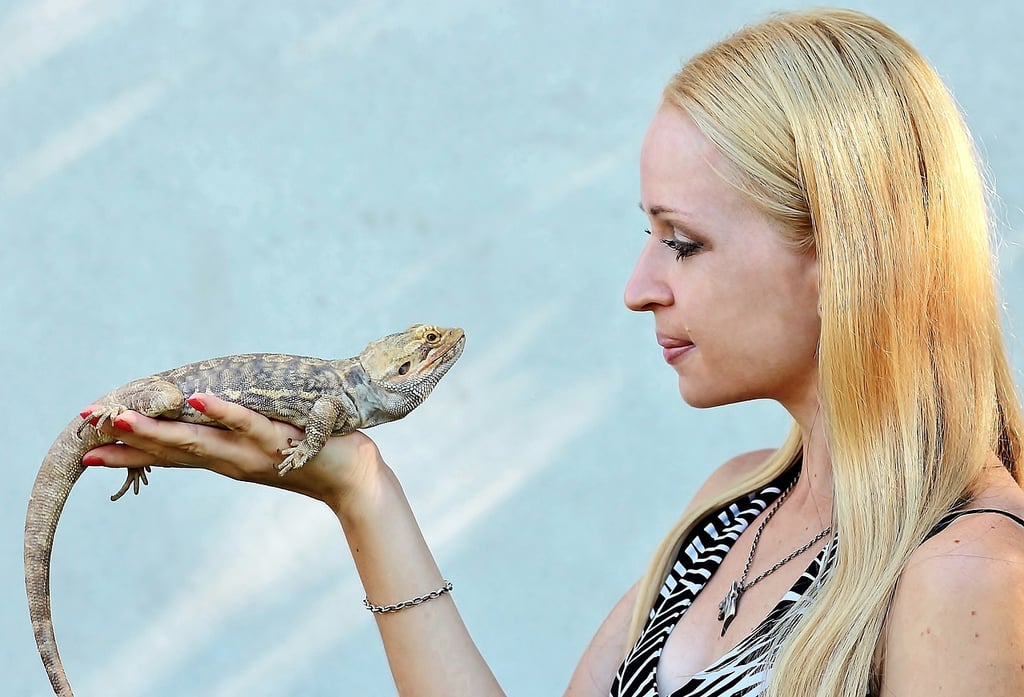
Introducing Grasshoppers to Your Bearded Dragon's Diet
Introducing new food items to your bearded dragon's diet can be an exciting and enriching experience for both you and your pet. Grasshoppers are a great addition to their diet as they provide a good source of protein and essential nutrients. However, it is crucial to introduce grasshoppers gradually and monitor your beardie's response to ensure their well-being.
Before adding grasshoppers to your bearded dragon's diet, it is important to ensure that the insects are safe and healthy for consumption. Avoid collecting grasshoppers from areas that may have been exposed to pesticides or other harmful substances. Instead, consider purchasing them from reputable pet stores or breeders.
When introducing grasshoppers, it is recommended to start with small-sized insects to prevent any potential digestive issues. Live grasshoppers should be gut-loaded, which means feeding them with nutrient-rich foods before offering them to your bearded dragon. This will ensure that the insects are packed with essential vitamins and minerals.
In addition to gut-loading, it is also advisable to dust the grasshoppers with calcium and vitamin supplements. Bearded dragons require adequate amounts of calcium for healthy bone development, and supplements can help meet their nutritional needs. Dusting the insects before feeding ensures that your beardie receives the necessary nutrients.
Monitoring your bearded dragon after introducing grasshoppers is crucial. Watch for any signs of digestive problems or adverse reactions. Some beardies may have sensitivities to certain foods, so it is important to observe their behavior and stool consistency. If you notice any signs of discomfort or abnormal bowel movements, consult a veterinarian for further guidance.
It is worth noting that while grasshoppers can be a nutritious part of your bearded dragon's diet, they should not be the sole food source. Variety is key in providing a balanced diet for your pet. Alongside grasshoppers, include other insects like crickets, mealworms, and dubia roaches, as well as a selection of fresh fruits and vegetables.
| Introducing Grasshoppers to Your Bearded Dragon's Diet |
|---|
| Start with small-sized grasshoppers to prevent digestive issues. |
| Ensure the grasshoppers are safe and healthy for consumption. |
| Gut-load the grasshoppers with nutrient-rich foods. |
| Dust the grasshoppers with calcium and vitamin supplements. |
| Monitor your bearded dragon for any signs of adverse reactions. |
| Remember to provide a varied diet including other insects and fresh fruits/vegetables. |
By following these guidelines, you can safely introduce grasshoppers into your bearded dragon's diet and provide them with the nutritional variety they need for optimal health. Always prioritize the well-being of your pet and consult a veterinarian if you have any concerns or questions regarding their diet.
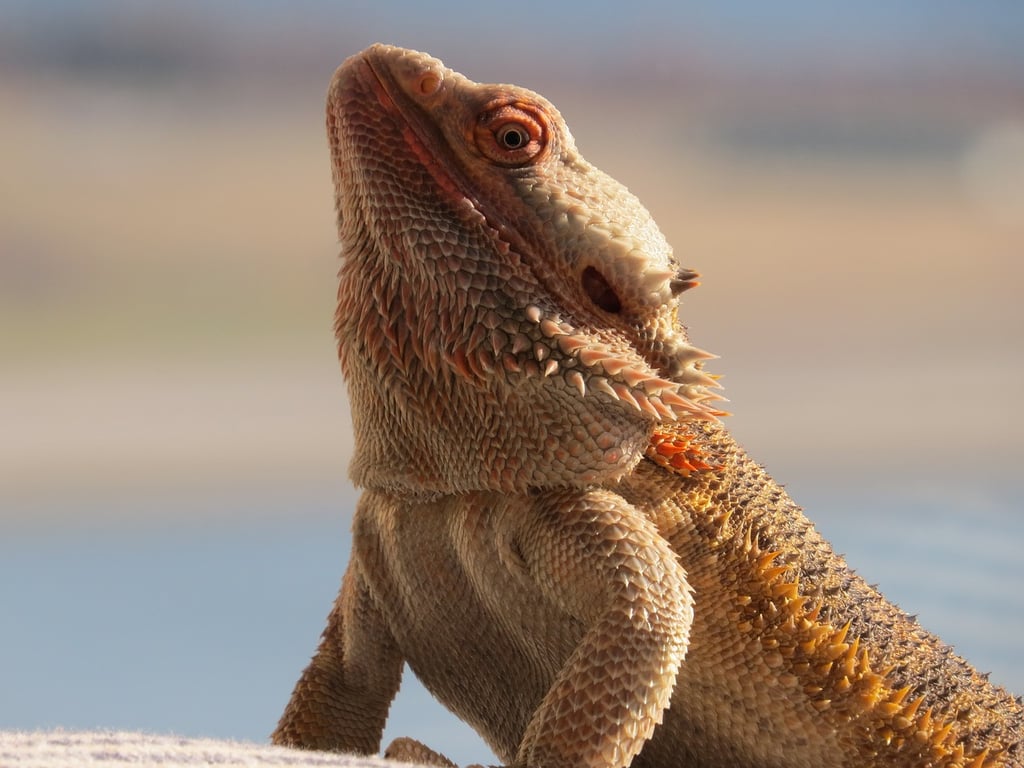
Monitoring Your Bearded Dragon's Response to Grasshoppers
Bearded dragons are fascinating reptiles that require a balanced and varied diet to thrive. As an owner, you may be wondering whether it is safe for your bearded dragon to eat grasshoppers. This article will delve into the topic, exploring the nutritional value of grasshoppers and providing insights on how to safely incorporate them into your bearded dragon's diet. Understanding the diet of bearded dragons is crucial in ensuring their overall health and well-being.
Monitoring your bearded dragon's response to grasshoppers is essential to ensure that they are tolerating this new addition to their diet. Here are some important factors to consider:
- Physical Appearance
Observe your bearded dragon's physical appearance after introducing grasshoppers to their diet. A healthy dragon should have bright, alert eyes, vibrant skin coloration, and a robust body shape. Any changes in these aspects may indicate a negative reaction to grasshoppers.
- Digestive Health
Pay close attention to your bearded dragon's digestive health. Examine their feces for any abnormalities such as diarrhea, constipation, or undigested food particles. If you notice any significant changes in their bowel movements or if your dragon appears uncomfortable, it may be a sign that grasshoppers are not suitable for them.
- Appetite
Monitor your bearded dragon's appetite when introducing grasshoppers to their diet. If they eagerly consume the grasshoppers and show no signs of aversion or discomfort, it is generally a positive response. However, if they consistently refuse to eat or display a loss of appetite, it may be an indication that they are not tolerating the grasshoppers well.
- Behavioral Changes
Keep an eye out for any behavioral changes in your bearded dragon. If they become lethargic, agitated, or display abnormal behaviors such as excessive scratching or rubbing, it could be a reaction to the grasshoppers. Such changes in behavior should be taken seriously and addressed promptly.
- Weight and Growth
Weigh your bearded dragon regularly to track their weight and growth. Sudden weight loss or stunted growth may indicate that the introduction of grasshoppers is not benefiting them nutritionally. If you notice any concerning changes, it may be necessary to reevaluate their diet and consult a veterinarian.
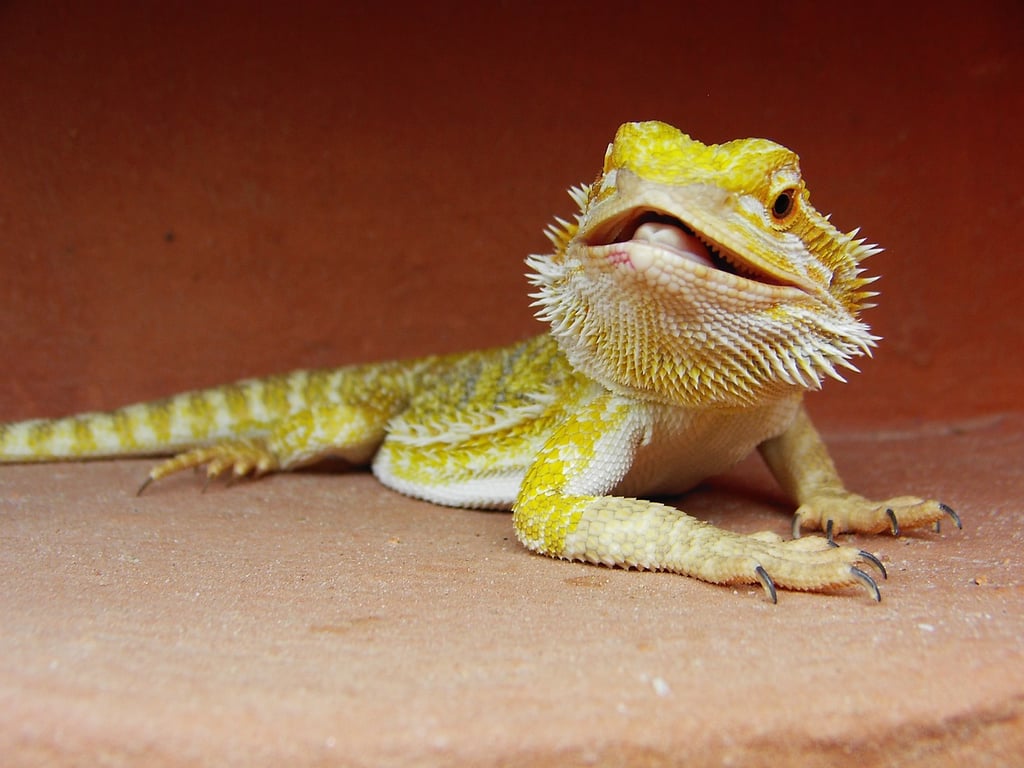
The Importance of a Balanced Diet
While incorporating grasshoppers into your bearded dragon's diet can provide additional nutrients and enrichment, it is crucial to maintain a balanced diet overall. Bearded dragons require a mix of vegetables, fruits, and other protein sources to meet their specific nutritional needs. Ensure that grasshoppers are given in moderation and as part of a varied diet to avoid any potential imbalances.
| Signs to Monitor | Potential Interpretation |
|---|---|
| Changes in physical appearance | Indication of a negative reaction |
| Abnormal digestive health | Possible intolerance or digestive upset |
| Loss of appetite | Potential aversion or discomfort |
| Behavioral changes | Reaction to grasshoppers causing discomfort or stress |
| Weight loss or stunted growth | Inadequate nutrition or imbalanced diet |
By closely monitoring your bearded dragon's response to grasshoppers and ensuring that their diet remains balanced, you can provide them with optimal nutrition while minimizing any potential risks. Remember to consult with a reptile veterinarian if you have any concerns or questions regarding your bearded dragon's health and diet.
Faqs
-
Can bearded dragons eat grasshoppers as their primary food source?
No, while grasshoppers can be included in a bearded dragon's diet, they should not be the primary food source. Bearded dragons require a balanced diet that consists of a variety of insects, leafy greens, and vegetables.
-
How should grasshoppers be prepared before feeding them to a bearded dragon?
Before offering grasshoppers to your bearded dragon, it is important to ensure they are safe to consume. Remove the wings and legs of the grasshoppers to prevent any potential injuries to your pet. Additionally, it is recommended to gut-load the grasshoppers by feeding them nutritious vegetables for 24 hours before feeding them to your bearded dragon.
-
How can I monitor my bearded dragon's response to grasshoppers?
After introducing grasshoppers to your bearded dragon's diet, closely observe their behavior and health. Look for any signs of digestive issues or allergic reactions. Keep track of their appetite, stool consistency, and overall energy levels. If you notice any negative changes, it is best to consult a reptile veterinarian.




